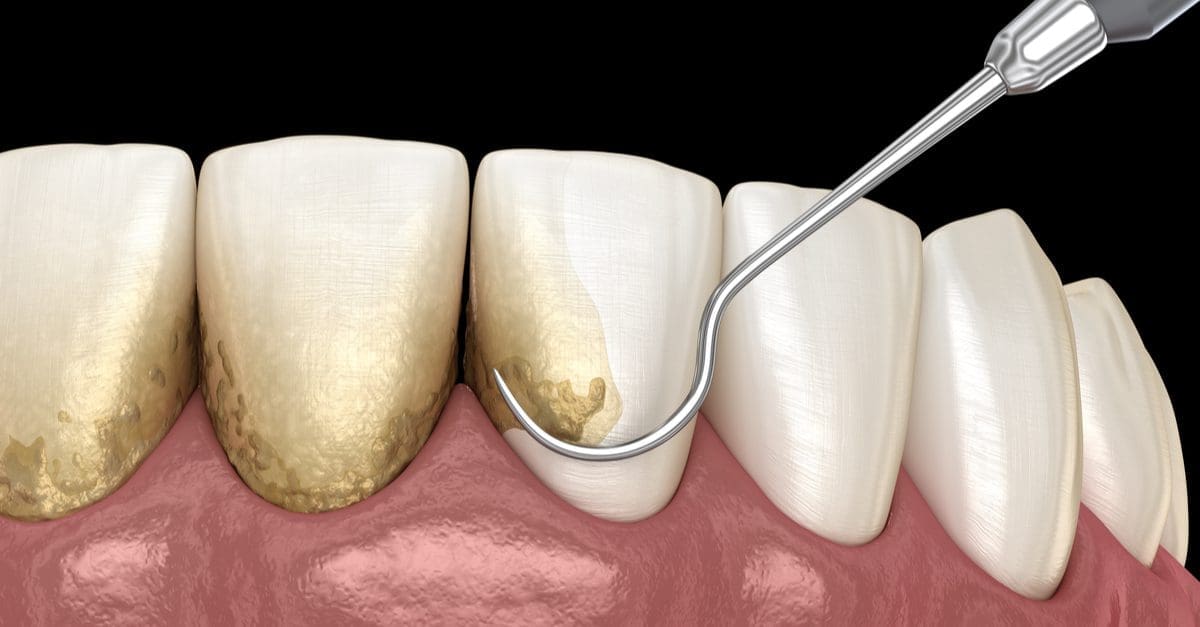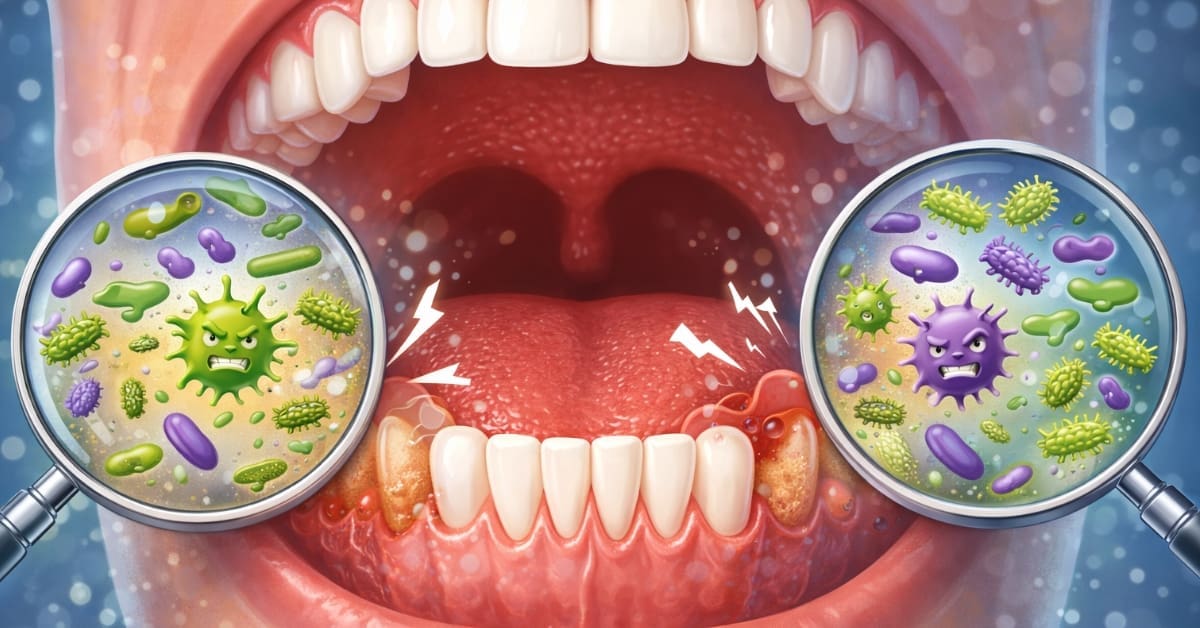Have you been diagnosed with periodontitis? You may be wondering what measures you can take to treat it. You want your teeth and gums to heal from gum disease. You may have heard of dental scaling and root planing, but you might not know what those terms mean. Here is some information for you on both dental scaling and root planing.
What Is Dental Scaling and Root Planing?
Dental scaling and root planing are two parts of the same procedure. You can also call the procedure deep cleaning or periodontal therapy. First, dental scaling occurs. In dental scaling, a periodontist will remove dental plaque and other hard materials, called calculus, from the teeth with tools. Depending on the level of plaque buildup, this can take some time. After the periodontist has cleaned the teeth, he or she, then, smooths over or planes, the gums. This cleans the gum line and gum area of infection, as well as plaque.
Are They Necessary?
Is Root Planing and Dental Scaling Necessary? Whether root planing and dental scaling are necessary depends on how advanced your periodontal disease is. If you are at the first stage, also called gingivitis, you can control it by brushing and flossing. However, if you are in stage two or stage three, your mouth is already infected. Because you already have an infection in your mouth, you need to get rid of it. Dental scaling and root planing effectiveness mean that you should consider having the procedure done.
Does Scaling and Root Planing Hurt?
Does it hurt? While you are undergoing scaling and root planing, the periodontist will numb your gums. You will generally not experience pain during the procedure. However, you may have some discomfort afterward. If you’re worried about the tenderness of your mouth after treatment, you can talk to your periodontist before undergoing it.
Aftercare
Scaling and Root Planing Aftercare. There are things you will notice in your mouth after scaling and root planing. You may notice that your teeth are particularly sensitive to heat and cold after the treatment. You may want to limit your hot and cold drinks for a few days. You may also notice that your gums are bleeding when you brush them. This is normal and should subside in a few days. You may also notice more spaces between your teeth because the procedure exposed some of your roots. This is also normal. Stick to soft-cooked foods for a few days after your procedure. You also need to make sure that you continue to practice good oral hygiene.
Cost
Scaling and Root Planing Cost. Like many dental procedures, the amount of money you will pay depends on your dentist or periodontist. In general, deep cleanings can cost between $150 and $500. Luckily, this treatment is considered medically necessary to prolong and maintain your health, and the health of your teeth. If your insurance company considers your treatment necessary, your out-of-pocket expenses will be low.
Risks
Scaling and Root Planing Risks. By far, the greatest risk from scaling and root planing is from infection. That’s because the deep cleaning procedure releases bacteria from your gum line. Your dentist will most likely prescribe antibiotics for you to take. He or she may also treat you with an antibiotic solution during the procedure itself. You need to watch for signs of infection, and let your dentist know if you think the infection is worsening.
Dental Scaling and Root Planing, Get Help Now
If you are looking for a dentist or a periodontist to treat your gum disease, contact Dr. Paul Feldman at Suburban Essex Dental. Dr. Feldman is consistently rated as one of the top West Orange Dentists. Give Dr. Feldman a call today and begin the journey toward better dental health.
Join the long list of completely satisfied and happy dental patients.






